In a recent statement, Richard Mills, the United States Ambassador to Nigeria, emphasized that there is no evidence linking the United States Agency for International Development (USAID) to the funding of Boko Haram or any terrorist group. Mills made this clear after a meeting with the Nigeria Governors Forum in Abuja.
The ambassador expressed strong condemnation of Boko Haram’s violence, asserting, “No nation condemns Boko Haram’s violence more strongly than the United States.” He reassured that should any evidence arise, the US government is committed to collaborating with the Nigerian government to investigate the claims.
This statement comes in the wake of allegations made by Congressman Scott Perry on February 13, who accused USAID of financially supporting terrorist organizations, including Boko Haram. Perry, a Republican from Pennsylvania, voiced these concerns during a subcommittee hearing addressing government efficiency and the misappropriation of taxpayer funds.
During the session, Perry stated, “Who gets some of that money? $697 million annually, plus shipments of cash funds in Madrasas, ISIS, Al-Qaeda, Boko Haram, ISIS Khorasan, terrorist training camps. That’s what it’s funding.”
In response to these accusations, the Senate has called upon National Security Adviser Nuhu Ribadu and heads of the National Intelligence Agency and Defence Intelligence Agency to clarify the allegations surrounding USAID’s involvement with terrorist funding.
Ambassador Mills reiterated that the US has stringent policies in place to prevent any diversion of USAID or other US assistance to groups like Boko Haram. He stated, “Let me be clear—there is no friend of Nigeria stronger in condemning Boko Haram’s violence and disregard for human life than the United States. We have designated Boko Haram as a foreign terrorist organisation since 2013.”
He further explained the measures taken to combat the group, including blocking asset transfers to the US and facilitating the arrest of its members. Mills reassured that if any evidence of funding diversion emerged, the US would promptly investigate in partnership with Nigerian authorities.
Addressing concerns about US assistance, Mills clarified that there has been no cut in aid under President Donald Trump’s administration; rather, there was a 90-day pause intended to enhance the effectiveness of aid distribution. He stated, “No assistance has been cut yet, and no decisions have been made about the future of our assistance.”
Mills outlined the embassy’s vision for the US-Nigerian relationship, focusing on four key priorities: improving the business environment to bolster trade and investment, enhancing transparency and accountability to combat corruption, engaging more with state and local authorities, and ensuring the sustainability of healthcare programs.
He concluded by emphasizing the US commitment to work alongside Nigeria to create a stronger future, particularly in health initiatives, by transitioning successful programs to Nigerian management for continued effectiveness.
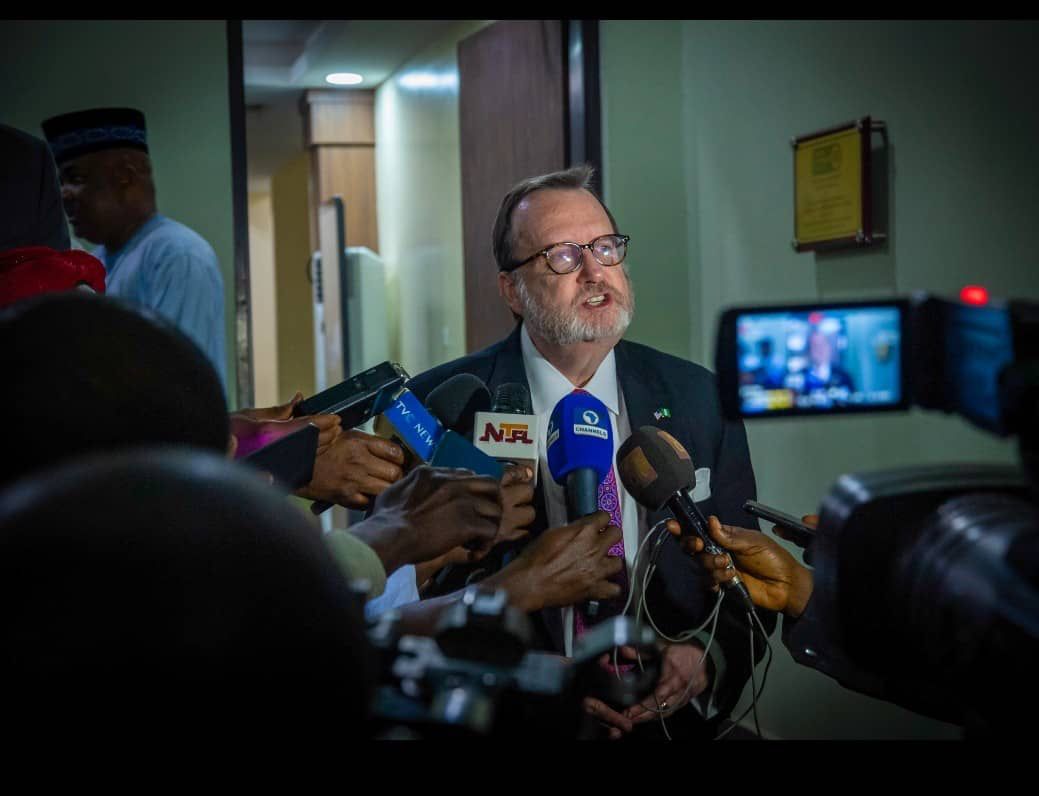





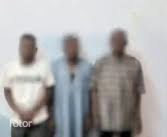
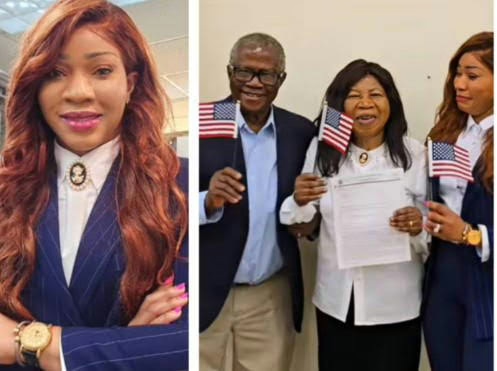
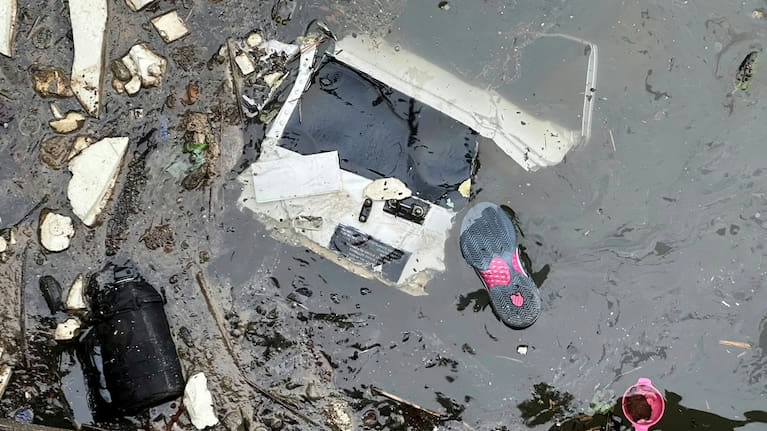
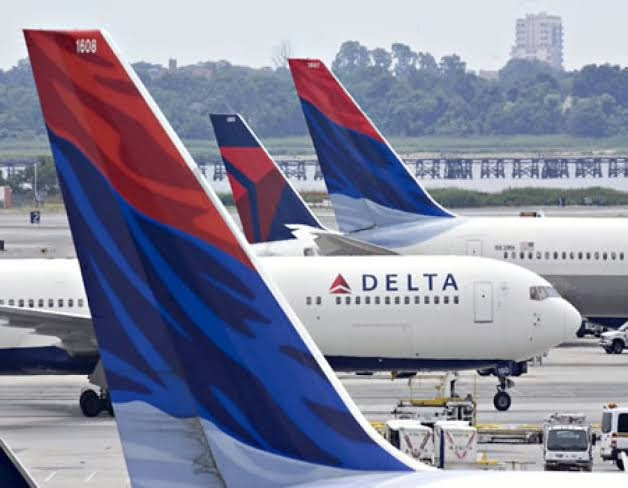
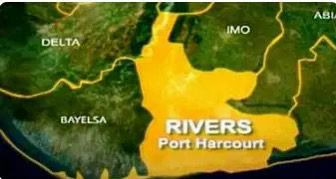

Leave a Reply